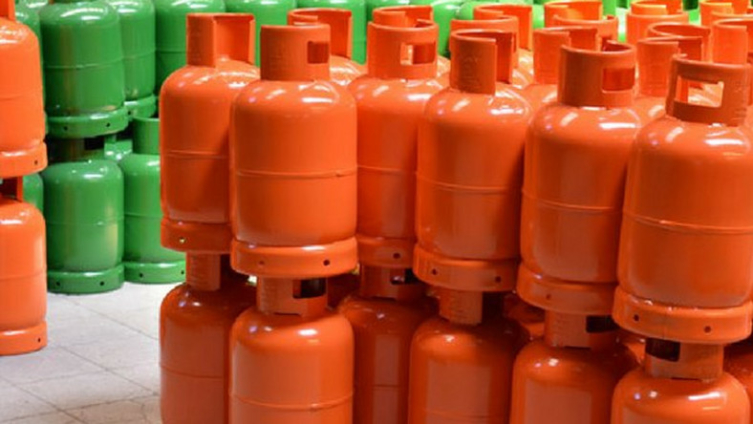Ghana’s LPG Prices Go Up, Sparking Tax Concerns

With costs for liquefied petroleum gas (LPG) rising significantly in recent years, this has become a serious problem in Ghana.
When it was first released in January 2020, it cost 5.81 cedis per kilogram, or 84 cedis for a 14.5-kilogram cylinder. By December 2023, that price had increased to 182 cedis, and by March 2024, some retailers were charging as much as 230 cedis.
Both experts and customers are becoming concerned about this sudden steep increase in LPG costs. After all subsidies were eliminated in 2015, LPG—which had previously been subsidized to encourage higher consumption and affordability—now faces a number of taxes and levies.
Subsidizing LPG was first intended to promote the switch from ecologically damaging wood fuels to cleaner LPG, with the goal of addressing environmental deterioration and lowering respiratory problems related to wood fuel pollution.
Furthermore
Examining historical data in further detail reveals the effects of these price swings. 2020 had an average ex-pump price of 5.22 cedis, with a consumption of 27,697,531. Following that, in 2021, prices and consumption increased. The average ex-pump price was 7.02 cedis, while consumption increased marginally to 28,789,840.
But in 2022, things took a dramatic turn for the worst. The average ex-pump price increased significantly to 11.15 cedis, and as a result, consumption fell to 25,423,017. Prices increased to 12.26 cedis in 2023 as a result of this tendency, although
Lower consumption in Ghana as a result of higher LPG costs draws attention to both environmental and economic issues. The problem is worse by a recent $80 per metric ton tariff on LPG that has sparked more worries. There are operational challenges with the tax, which was to fund the Cylinder Recirculation Model. Citing the tax’s detrimental effects on the sector and unjust burden on consumers, the Liquified Petroleum Gas Marketing Companies Association of Ghana opposes it and advocates for fair competition.
Read Also: Lapaz Passengers Struggle With 20% Fare Increment



